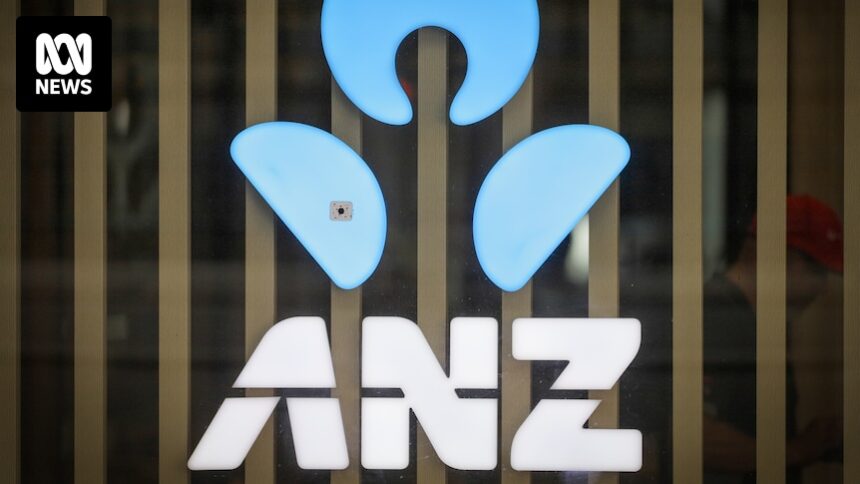ANZ Bank is facing a record $240 million penalty imposed by the Australian Securities and Investments Commission (ASIC), stemming from serious allegations of “unconscionable conduct” related to its bond trading activities for the federal government. The penalty also addresses a “widespread misconduct” affecting nearly 65,000 retail customers. While ANZ has accepted the proposed penalty, it will require the approval of the Federal Court before it can be finalized.
This move marks the 11th civil action ASIC has taken against ANZ since 2016. ASIC’s chair, Joe Longo, criticized the bank during a press conference, stating, “Time and time again, ANZ has fallen short,” and described some of its actions as “grubby.” He emphasized that many Australians would justifiably question their trust in the bank in light of these continued failings.
The most significant aspect of the settlement includes an $85 million penalty related to futures trading conducted by ANZ when it acted as the “duration manager” for the Australian Office of Financial Management (AOFM) during the sale of $14 billion worth of government bonds on April 19, 2023. ASIC alleges that ANZ sold a large volume of bond futures prior to this sale, which resulted in a 2-basis-point decline in the bond price, ultimately increasing the interest rate the government had to pay. Longo indicated that this misconduct could have made the government $26 million worse off and called attention to the lack of transparency from the bank regarding its trading activities.
ANZ has, however, contested the assertion that the government incurred any losses, asserting that ASIC has not claimed market manipulation or over-hedging on the part of the bank. ANZ’s chair Paul O’Sullivan acknowledged during an analyst briefing that the bank did breach certain licensing obligations, admitting that the nature of hedging can disrupt market conditions. He expressed concern for the reputations of ANZ’s market professionals, stating that they feel unfairly tarnished by the situation.
In addition to the bond trading issues, ASIC highlighted failures affecting customers, which contribute $115 million of the proposed penalty. The bank reportedly failed to respond to 488 customer hardship notices for extended periods, with some cases unresolved for over two years. These hardship applications included reasons such as unemployment and serious health issues. Ignoring these applications led to inappropriate debt collection actions, including issuing default notices.
Furthermore, the regulator pointed out that ANZ made misleading statements about savings rates, denying many customers the promised introductory bonus interest rate. Although ANZ has compensated nearly 200,000 customers for prior failures between July 2013 and January 2024, nearly 27,000 additional customers were found to have been underpaid interest through similar lapses between August 2024 and March 2025. The bank’s struggles also extended to inconsistencies in refunding fees for deceased customers, complicating estate management for families.
With a history of previous penalties—seven times in the last eight years for distinct misconduct—O’Sullivan acknowledged the profound impact of the bank’s mistakes on customers, assuring them that necessary actions have been undertaken to address these issues, including holding relevant executives accountable.
ANZ’s new chief executive, Nuno Matos, who assumed his position recently, announced the cutting of 3,500 jobs, alongside 1,000 contractor positions over the next year. He stated the failures identified are “simply not good enough” and reinforced the necessity for change within the organization. Matos expects measurable improvements to enhance customer protection and ensure a more sustainable banking operation moving forward.





